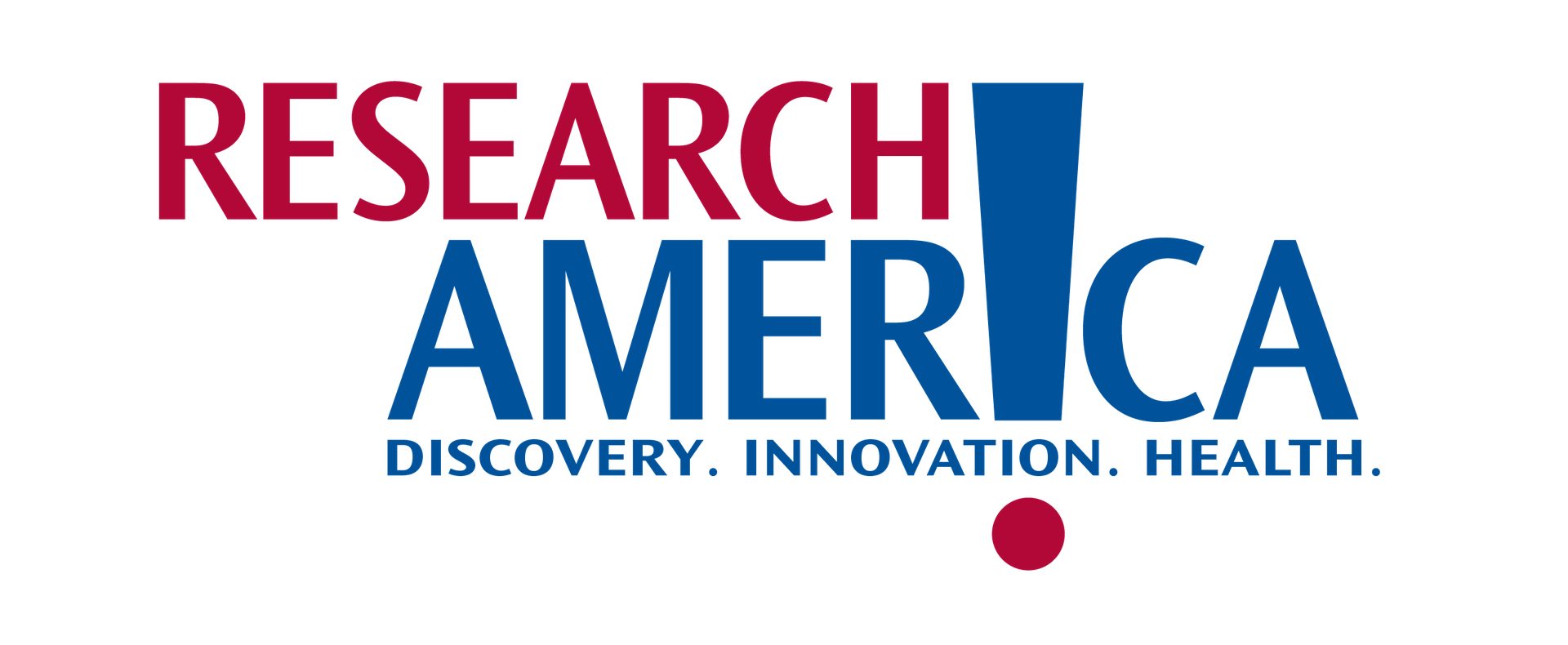2020 Resources, All in One Place

For more than 30 years, the organizations that constitute the Research!America alliance – patient advocates, research universities, independent research institutes, academic health centers, scientific societies, biomedical, medical technology and data companies, philanthropies, and more – have fought hard and successfully for life-saving progress. During a year in which alliance members were called to defeat COVID-19, even as you confronted its destructive effects, our alliance members – you – stepped up.
While Research!America advocacy and communications efforts redoubled in 2020 (40 letters and 7,000 emails to Congress; 141 meetings with congressional offices; and a more than five-fold increase in media reach, more than doubling the outlets we reached in comparison to 2019) the focus of this blog is on the resources we brought to bear in response to the COVID-19 crisis. Our members requested opportunities to hear from Members of Congress and agency officials, public health leaders, and experts on student visa and other policy issues bearing on the future of science, innovation, and public health.
2020 Resources
Alliance Member Meetings
2020 alliance member meetings featured federal officials such as NIH Director Dr. Francis Collins; Deputy Surgeon General Erica Schwartz; 11 NIH Institute Directors; CDC Director Dr. Robert Redfield; FDA CBER Director Dr. Peter Marks; Members of Congress such as House “Labor-H” Ranking Member Congressman Tom Cole (R-OK) and health research champion Congressman Don Beyer (D-VA); President of The New York Academy of Medicine Dr. Judith Salerno; public health experts such as former CDC Director Dr. Tom Frieden; APHA Executive Director Dr. Georges Benjamin; vaccinologist Dr. Peter Hotez; and experts on cross-cutting issues such as technology transfer, immigration rule changes, and drug pricing proposals that compete with ongoing value-based pricing efforts. Access meeting recaps and recordings here.
Fact Sheets and Infographics
Together with our partners, we created five new infographics and published 30 fact sheets.
 National Health Research Forum
National Health Research Forum
The National Health Research Forum transitioned from a one-day, in-person event to a three-day virtual event with more than 96 speakers and 1,600 registrants. Conversations from the Forum featuring Members of Congress, federal officials, and R&D ecosystem leaders, and our 20-3-1 video collection are available here to view and share.
Surveys
We continued to keep our finger on the pulse of public opinion with major, omnibus surveys in January and August 2020.
Webinars
Together with our partners, Research!America produced webinars addressing COVID-19 treatments, the effects of the pandemic on non-COVID research, RNAi technology, and the implications of the November election.
 Vote Science Strong
Vote Science Strong
Research!America’s national candidate-engagement initiative, Vote Science Strong, showcased the importance of research and innovation during the lead up to the 2020 elections. You’ll find messaging and data on this site that can be used to support your advocacy efforts.
Public Health Thank You Day
This day of gratitude for the public health workforce garnered more participation on social media than ever before, with 29 million impressions on Twitter. On the PHTYD webpage, you’ll find timely messaging and information on the role public health plays in protecting and advancing the best interests of the American people and populations across the globe.
Partnering together, we secured robust increases in funding for the National Institutes of Health.
 And despite stifling budget caps, the NIH, CDC, FDA, and NSF each received year-over-year increases for FY21 and AHRQ funding remains stable.
And despite stifling budget caps, the NIH, CDC, FDA, and NSF each received year-over-year increases for FY21 and AHRQ funding remains stable.

Moving Forward
As we move into 2021, Research!America is dedicated to building a Science Strong Future. Our core objective is to encourage and prove the case to federal policymakers that a proactive approach to our nation’s R&D capacity is paramount. With bold actions, our nation can preempt and minimize threats. Together, we can and will build a Science Strong Future.





